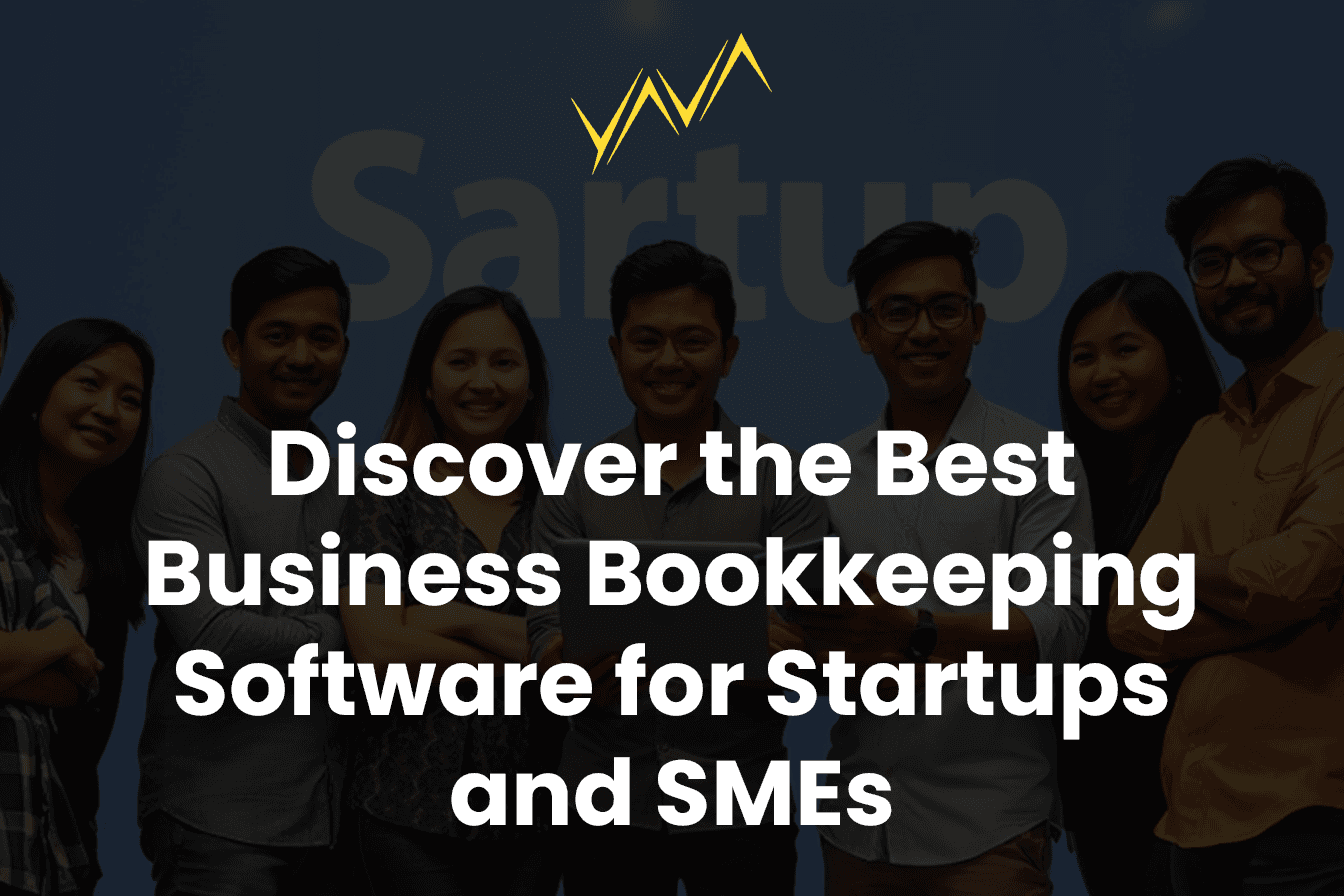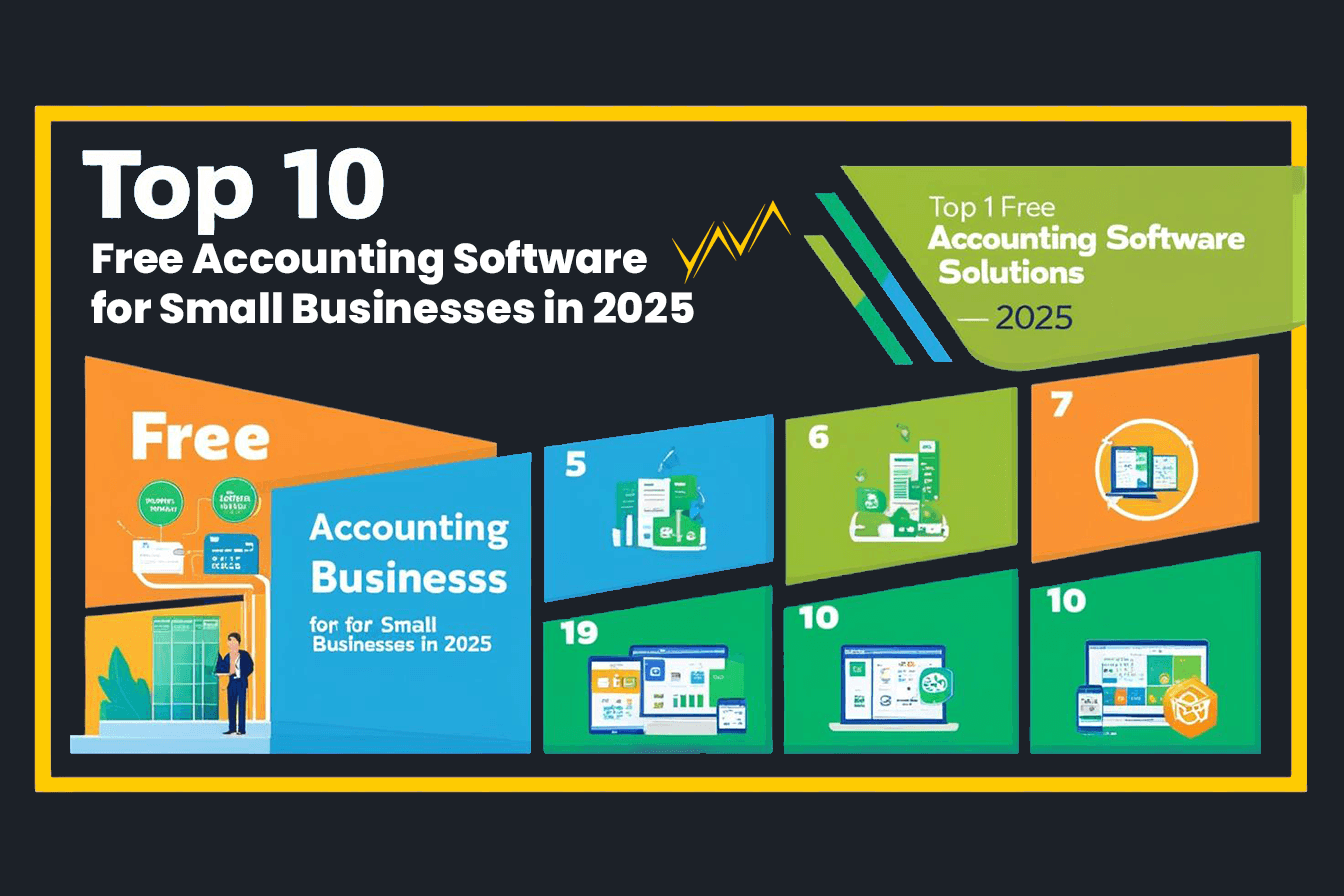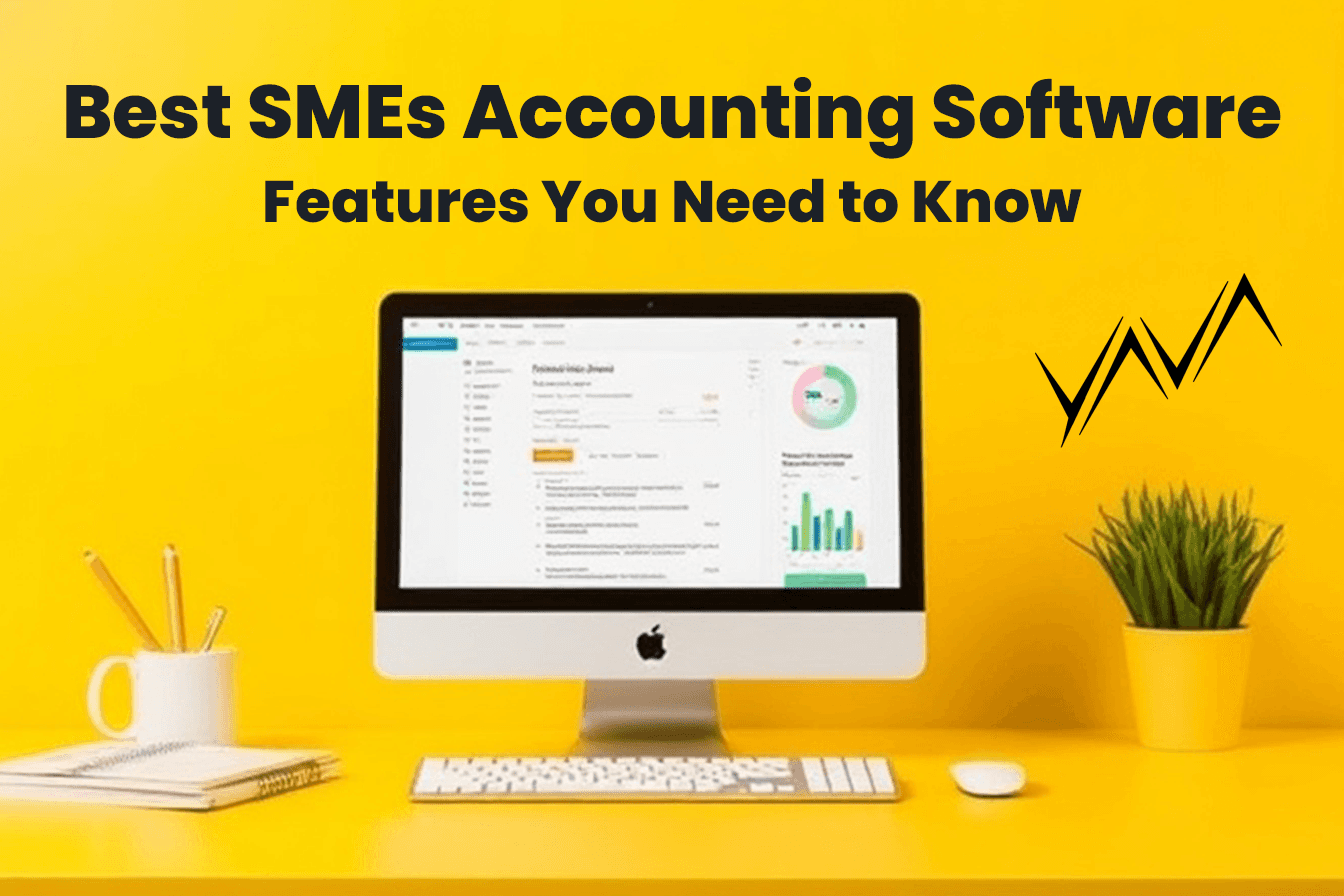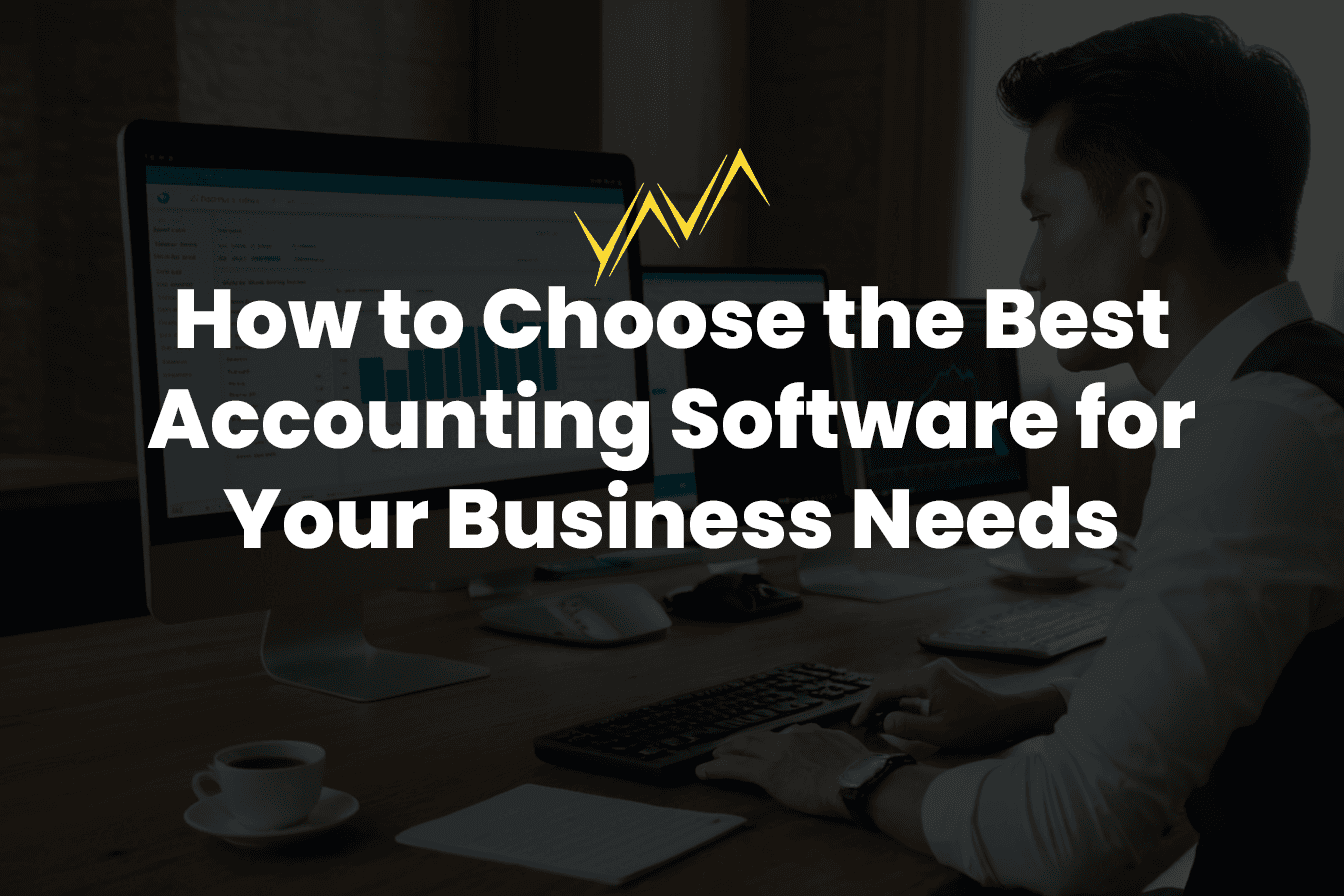Introduction:
Startups and SMEs need bookkeeping solutions that are efficient, affordable, and easy to use. YavaBook checks all these boxes by providing a free platform that covers invoicing, expense tracking, and financial reporting. Whether you’re just starting or scaling your business, YavaBook can grow with you, ensuring your finances are always in order.
Why Bookkeeping Software Matters for Startups and SMEs
Cost Control
Automating financial processes reduces the need for manual work, saving both time and money.Accurate Financial Records
Minimize errors and ensure precise tracking of income, expenses, and taxes.Scalability
As startups grow, bookkeeping software must adapt to more complex needs, such as multi-currency transactions or employee payroll.Compliance
Built-in tools ensure adherence to tax laws, like GST compliance in Singapore, reducing risks of penalties.
For more on cost-effective tools, check out Financial, Accounting, and Tax Software: The Complete Guide for 2025.
Top Features to Look for in Bookkeeping Software
Expense Tracking
Automatically categorize expenses to monitor spending trends and cash flow.Invoicing and Payments
Generate professional invoices, automate reminders, and track payments.Financial Reporting
Access real-time insights through profit and loss statements, cash flow summaries, and balance sheets.Tax Compliance
Tools for automated tax calculations, GST readiness, and seamless filing.Cloud-Based Access
Manage finances from anywhere, ensuring flexibility for remote teams and busy entrepreneurs.
For detailed guidance on these features, see Why Small Businesses Are Switching to Free Online Accounting Software.
Best Bookkeeping Software for Startups and SMEs
1. YavaBook
Best For: Cost-conscious startups and SMEs.
Features:
GST-ready invoicing and reporting.
Automated expense tracking.
Real-time financial insights.
Why It Stands Out: Completely free and beginner-friendly, making it ideal for startups with limited budgets.
Learn more about YavaBook.
2. Wave
Best For: Freelancers and micro-businesses.
Features:
Free invoicing and receipt scanning.
Integration with Wave Payments for credit card processing.
Why It Stands Out: A straightforward, no-cost option for businesses with basic needs.
3. QuickBooks Online
Best For: SMEs with growing financial complexity.
Features:
Automated invoicing and expense tracking.
Integration with payroll and inventory tools.
Pricing: Starts at $20/month.
4. Xero
Best For: Businesses requiring scalability and integrations.
Features:
Over 800 third-party app integrations.
Multi-currency support and inventory tracking.
Pricing: Starts at $25/month.
5. Zoho Books
Best For: Startups already using Zoho’s suite of business tools.
Features:
Free for businesses earning less than $50,000/year.
Integration with Zoho CRM, Projects, and Inventory.
Why It Stands Out: Ideal for businesses leveraging the Zoho ecosystem.
How to Choose the Right Bookkeeping Software
Identify Your Needs
Determine whether you need basic tools like invoicing or advanced features like payroll and multi-currency support.Set a Budget
Free platforms like YavaBook are perfect for startups, while paid options like QuickBooks or Xero may suit scaling SMEs.Test the Platform
Use free trials or demos to assess usability and features.Consider Compliance
For Singaporean businesses, prioritize software with built-in GST compliance.
For detailed comparisons, see Top Bookkeeping Software for Small Businesses: Free and Paid Options.
Real-Life Example: A Startup’s Journey with YavaBook
A Singapore-based tech startup struggled with manual bookkeeping, leading to errors and inefficiencies. After adopting YavaBook, they:
Automated GST-compliant invoicing, saving hours each week.
Improved cash flow with faster payment collections.
Avoided over $300/year in subscription fees compared to paid tools.
Learn more in Why Free Bookkeeping Software Is Ideal for Startups and Entrepreneurs.
Tips for Maximizing Bookkeeping Software
Keep Data Updated
Regularly input transactions to maintain accurate financial records.Use Automation Features
Set up recurring invoices and automated expense categorization to save time.Analyze Financial Reports
Monitor cash flow and profit trends to make informed decisions.Leverage Training Resources
Many platforms offer tutorials and support to help users maximize their software’s potential.
For a step-by-step guide, check out How to Download and Set Up Free Accounting Software in 5 Easy Steps.
Conclusion
The right bookkeeping software can transform how startups and SMEs manage their finances. With tools like YavaBook, businesses can enjoy cost-effective solutions that simplify accounting, improve cash flow, and ensure compliance. Whether you’re a freelancer or a growing SME, there’s a solution tailored to your needs.
Ready to streamline your bookkeeping? Sign up for YavaBook today and discover how free accounting software can empower your business.
Article by
Webb Poh
CEO and Founder
Published on
Sep 25, 2024




